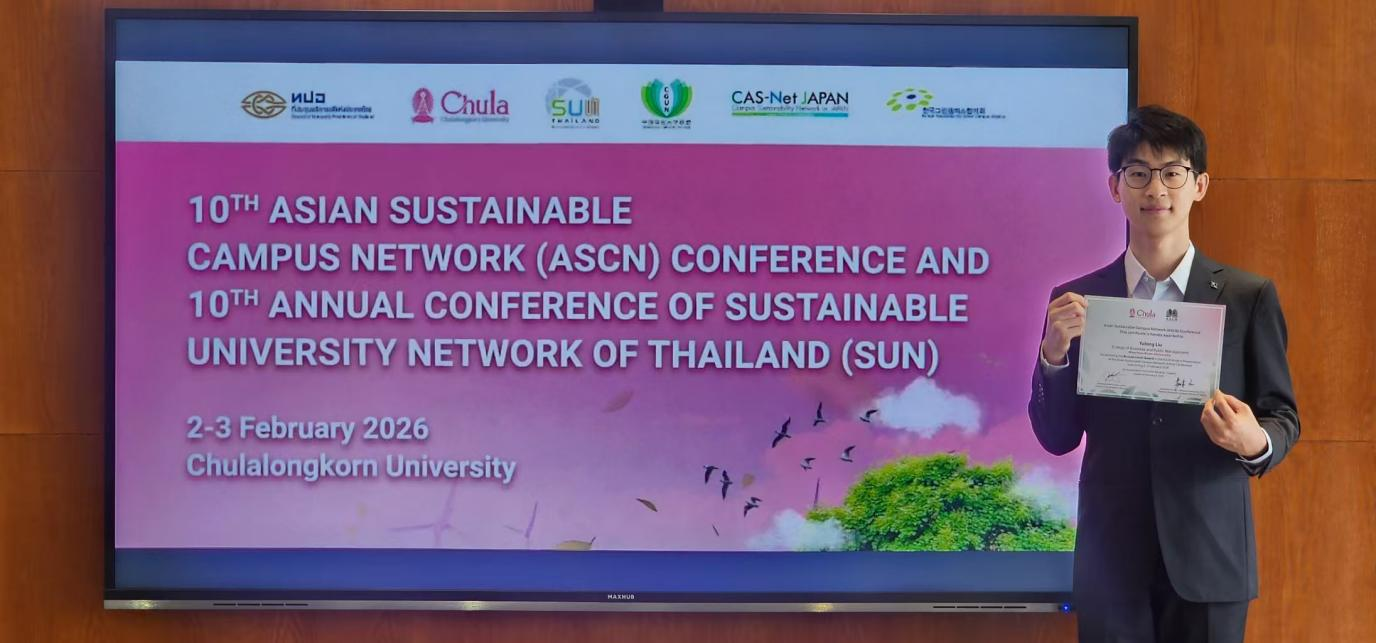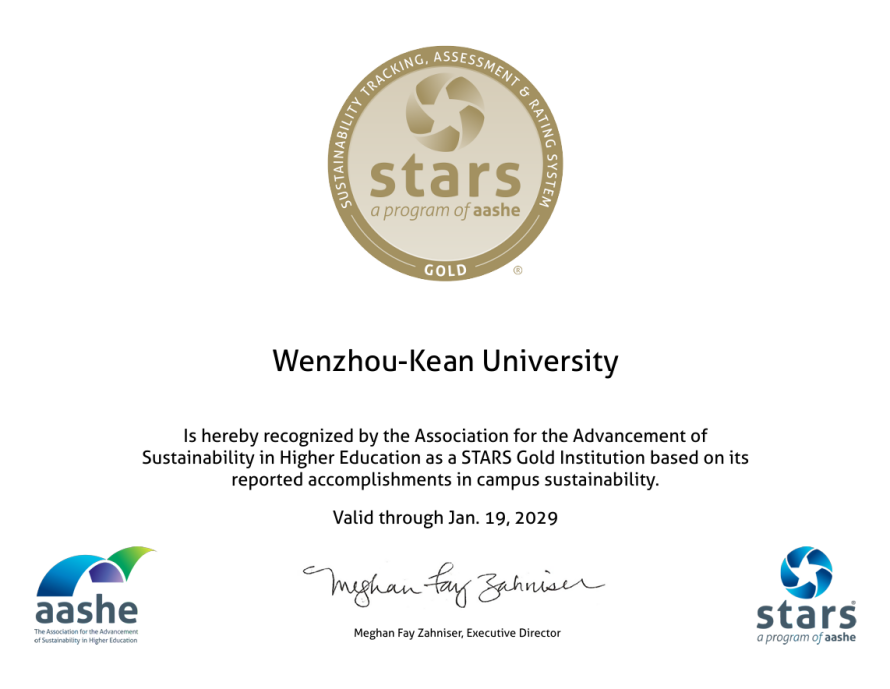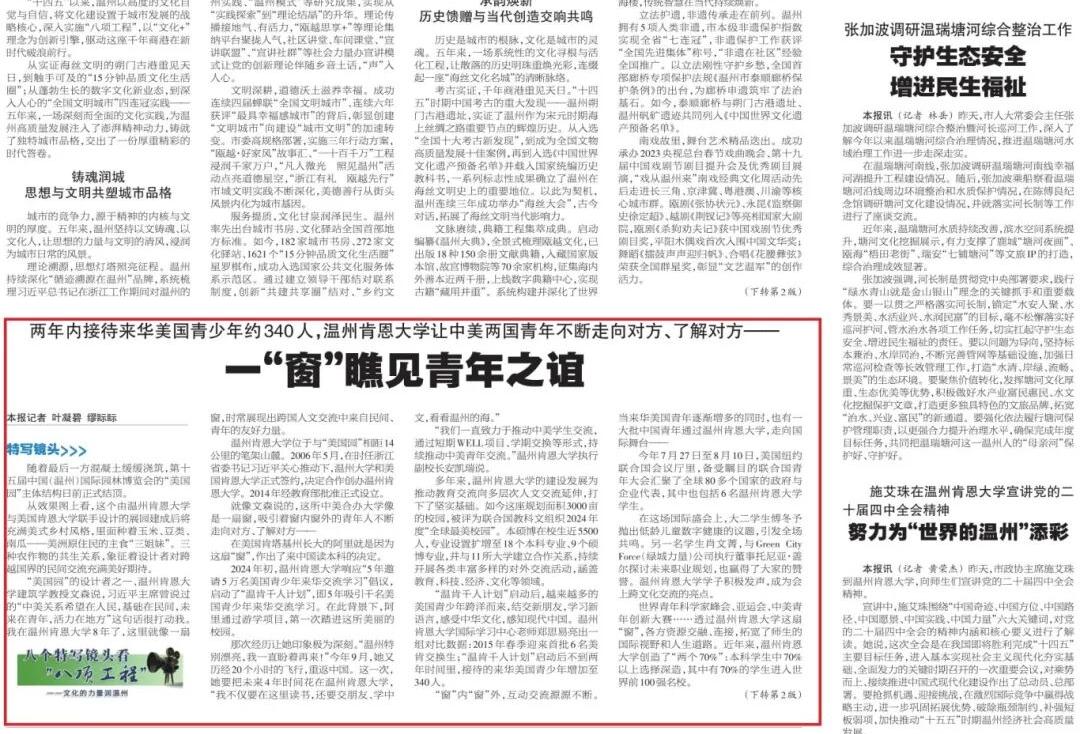WKU Achieves New Breakthrough in 2025 National Natural Science Foundation of China Grant Application
On August 27, the National Natural Science Foundation of China (NSFC) announced the results of its 2025 funding program. This year, Wenzhou-Kean University received three funded projects with a total grant amount of RMB 2.1 million. Among them, Dr. Donghoon Lee from the College of Science, Mathematics and Technology / International Frontier Interdisciplinary Research Institute secured one General Program project; Dr. Susan Rutherford from the College of Science, Mathematics and Technology / International Frontier Interdisciplinary Research Institute, together with Dr. Alexander English from the College of Liberal Arts, each obtained one Research Fund for International Excellent Young Scientists project. These achievements represent a historic breakthrough for the university.
According to relevant statistics, the average funding rate for NSFC projects in 2025 was only 12.29%. In recent years, Wenzhou-Kean University has placed strong emphasis on building its research capacity and accelerating innovation. The number and quality of NSFC funded projects at the university have shown a steady upward trend. Through a series of reforms and initiatives, the university continues to attract and cultivate high-level talents, strengthen the development of advanced research teams, and foster scientific platforms to enhance research performance and capacity. Looking ahead, WKU will continue to implement national strategic directives on scientific and technological innovation. By prioritizing organized research and capacity building, the university aims to further advance scientific innovation and contribute to the high-quality development of the institution.

Donghoon Lee
Dr. Lee’s research centers on the ubiquitin-proteasome system (UPS) and its regulation under physiological and pathological conditions such as starvation, inactivity, cancer, and aging. He has uncovered novel mechanisms that activate the 26S proteasome during catabolic and proteotoxic stress, identifying ZFAND5 as the first known proteasome activator that enhances enzymatic activity and promotes the clearance of ubiquitinated proteins. These discoveries have important implications for cellular health and diseases linked to muscle atrophy and proteotoxic stress, including Alzheimer’s and Parkinson’s. At WKU, Dr. Lee continues to investigate protein quality control, with a focus on the 26S proteasome and p97 as key regulators and drug targets.

Susan Rutherford
Dr. Rutherford is dedicated to biodiversity conservation and deeply interested in the processes and patterns that drive plant evolution and speciation. Her research focuses on: (1) landscape genomics of closely related native species and species complexes to identify genetic diversity centers and hybridization hotspots, thereby advancing understanding of species evolution and distribution; (2) the responses of invasive weeds to new habitats in their introduced ranges, explored through interdisciplinary methods such as genomics, greenhouse experiments, field trait measurements, and environmental niche modeling; and (3) the evolutionary dynamics of rare and threatened species to generate insights that support effective conservation management.

Alexander English
Dr. English studies how culture affects the way humans behave. He also studies how people who move to new environments encounter subtle changes that lead to variations in psychological and cognitive processes. Recently, Dr. English had been interested in talent workplace management and development. Dr. English is the Director for the WKU Center for Behavioral Research Across Cultures (C-BRAC) and is an Associate Editor of the International Journal of Intercultural Relations.
- Wenzhou-Kean University Student Honored with Bronze at Prestigious Asian Sustainable Campus Network Summit

- Wenzhou-Kean University Spearheading Sustainability in Higher Education in Asia and in China, Awarded the AASHE STARS Gold-Certified in Sustainability

- Media Report | Wenzhou Daily: A Window into Friendship Between Chinese and U.S. Youths Wenzhou-Kean University Welcomes 340 Young Americans in Two Years


